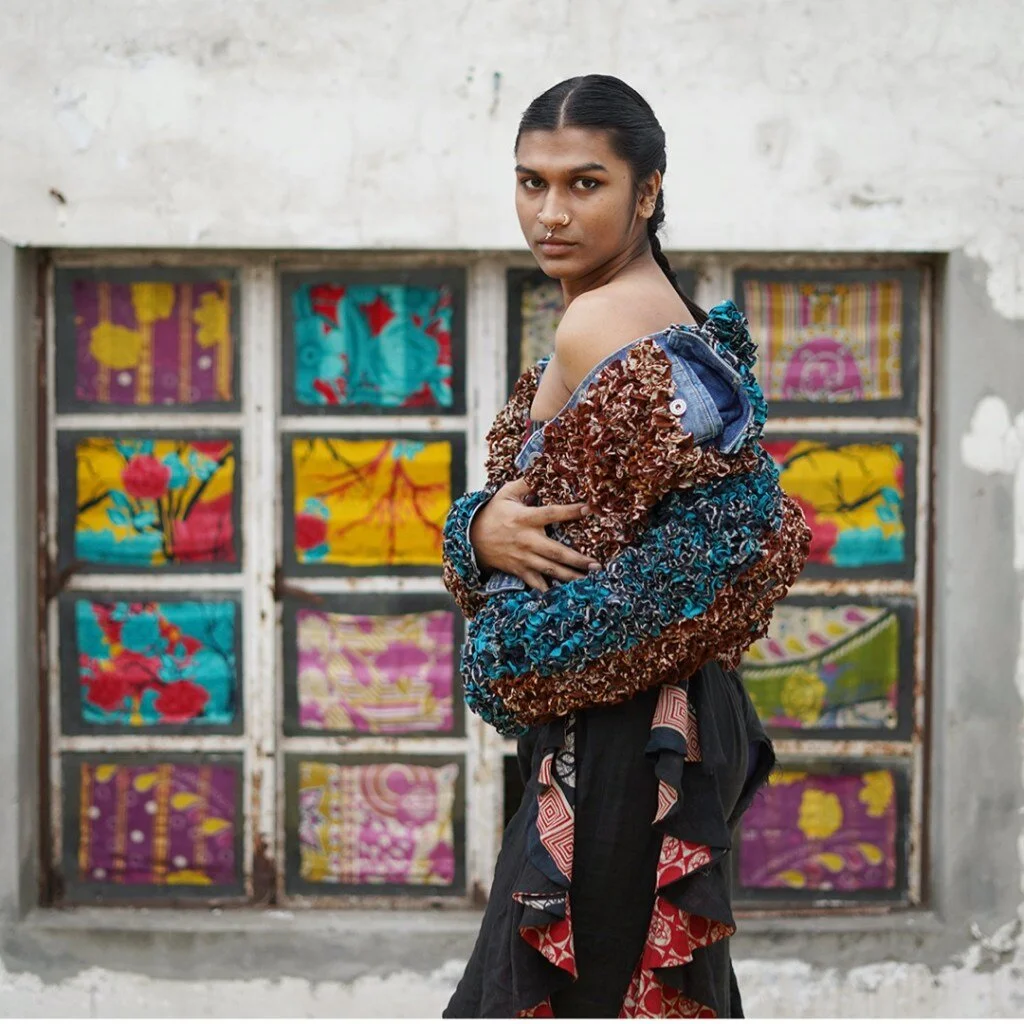Chol, Bangladesh
Words by Isabelle Clare
What: Chol collaborates with Bangladesh designers and artisans to create affordable, handmade garments. Hosted by design and architecture studio Paraa, which focuses on enhancing spaces with the communities in Bangladesh through multi-disciplinary practice, Chol offers a platform for rural craftspeople, and explores the intersections of design-thinking, craft-making and cultural experiences in order to encourage other creatives to think beyond the constraints of fast-fashion.
How it works: Forget about mass production processes and high-street fashion trends. Recycled Sarees from Old Dhaka and New Khadi Shawls are examples of the materials used to renovate conventional garment styles. Traditional craft techniques are used to create made-to-order garments which appreciate (not appropriate) Bangladeshi cultures. Through this platform, otherwise obsolete textiles and the Bangleshi heritage are preserved with each garment sold.
What they say: ‘Each piece is made to order and they are bold, unique and a labour of love.’
Highlights: Before founding Chol, Paraa conducted years of research with the Bangladeshi community of creatives to fully appreciate the symbiotic relationship between thriving ecosystems and artistry. Chol’s first collaboration with Paraa's fashion and product designer Shama Kun showcases indigenous Bangladeshi textile knowledge, through a collection inspired by kantha and handloom fabrics. A diverse community of models evidently proud to be dressed in the culturally-rich Shama Kun Kantha collection feature within its look-book and across Chol’s social media. Says Shama Kun: “This is a sweatshop free, socially responsible collection, advocating for fair fashion, making positive social impact & an environmentally conscious living.”
Tags: Craft, Community, Culture
